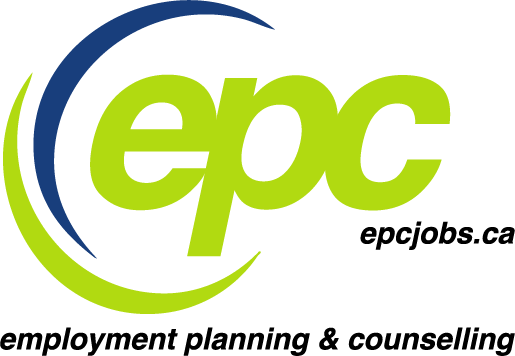To say that deciding what you want to do for the rest of your life before age 18 is difficult is an understatement. With an ever changing labour market, it is predicted that by 2020 many of the careers that will be lucrative do not even exist yet. In addition, we have seen an emerging pattern of multiple careers over one’s work lifetime. What that means is the work life your parents knew with full time, permanent, lifetime positions with benefits and a company pension plan is not the vocational landscape of today. Yet, due to the changes in the world of work, there are also more opportunities to land international jobs, work in the gig economy, pursue careers related to innovation, or develop your entrepreneurial spirit by finding unique ways to solve current problems.
That being said, you may now find yourself at a crossroad attempting to identify whether employment, post-secondary education, apprenticeship, volunteerism or travel is the next step for you. We have devised a checklist of recommendations and resources to help you with this decision.








